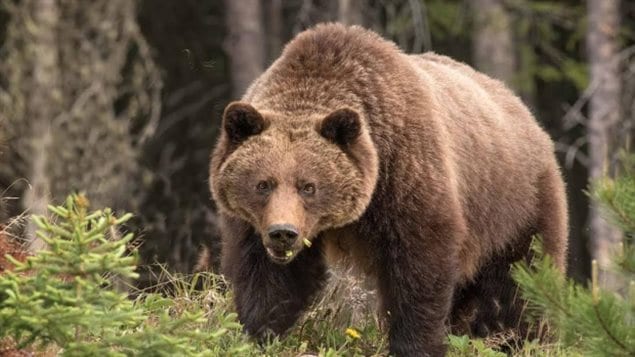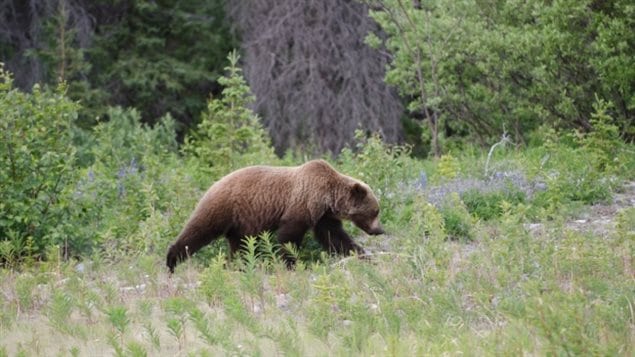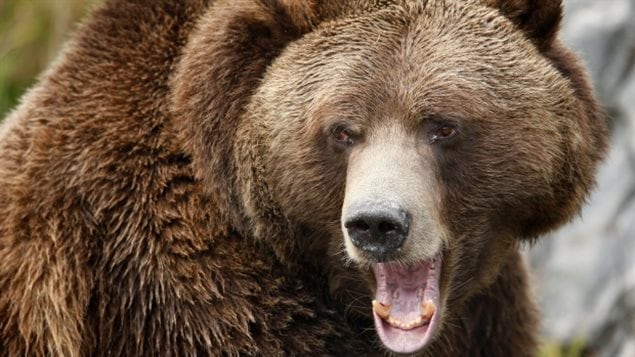Recently the government in the west coast province of British Columbia banned trophy hunting of the majestic grizzly bear.

It said at the time that the bear population was stable and that although trophy hunting was not really a threat, trophy hunting of the bears had simply become socially unacceptable.
Even so, this week the province’s Auditor-General came out with a report that was highly critical of B.C’s management of the keystone species.

The report says habitat loss, and other human activities like resource exploration and extraction from industries such as gas/oil, and forestry, along with human community expansion into wilderness habitat are the biggest threats to the species survival.
Carol Bellringer also said that the province’s conservation plans were disorganised. “There is no grizzly bear management plan to provide priorities and clear accountabilities,” the audit states, adding that conservation action is lacking because of an “unclear organisational structure and unclear accountabilities for wildlife management”.

This is partly due to mixed and overlapping authority for two agencies responsible for grizzly management, the Ministry of Environment and the Ministry of Forests, Lands and Natural Resource Operations.
The province has estimated the province’s grizzly population to be around 15,000 animals but the report says while the bear population is increasing in some areas, it is not due to any conservation plan.
It also notes the “North Cascades” population has been reduced to one single known bear, and that plans to increase the population there have been quietly shelved.
British Columbia with its vast wilderness is one of the last areas in North America where bears live in their natural habitat even while that habitat is being threatened. Bellringer says the health of the bear population is an indication of how well the wider environment and ecosystems are doing.
Additional information- sources







For reasons beyond our control, and for an undetermined period of time, our comment section is now closed. However, our social networks remain open to your contributions.